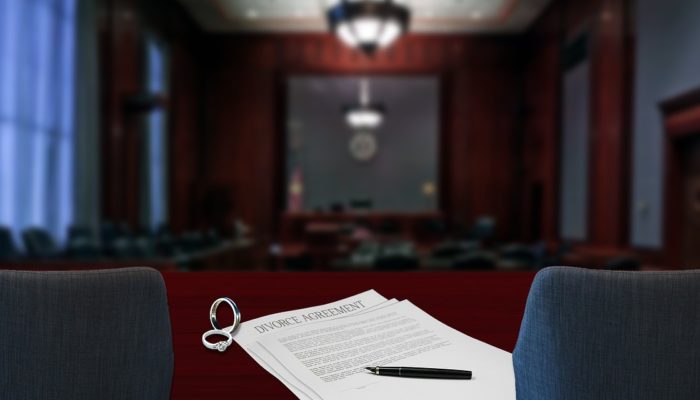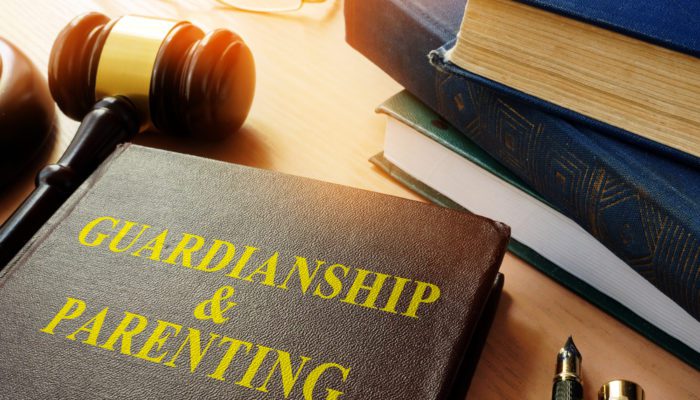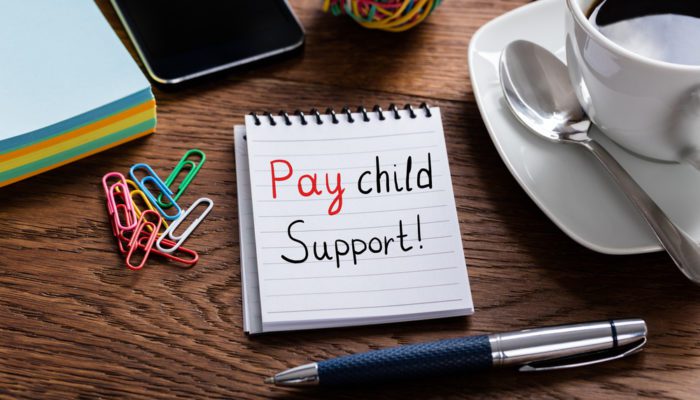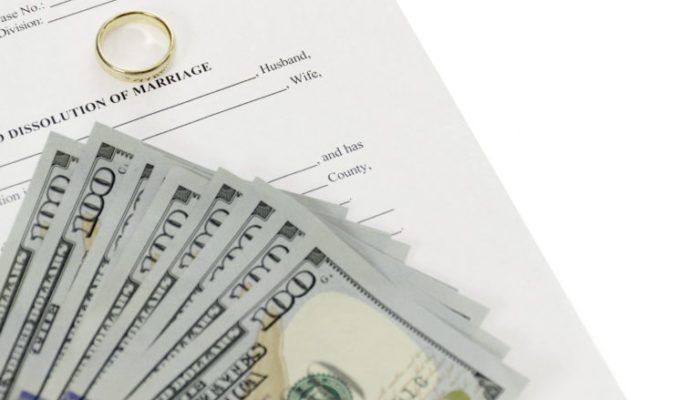Perhaps you have heard of the substantial and largely beneficial impact most Florida Guardian Ad Litems have had on the well-being of children and families. Since approximately 2009, another alternative has been legalized in the Florida family law courts, provided by a Florida Parenting Coordinator. Locally, Judges are free to appoint an Orange County Parenting Coordinator. This alternative dispute resolution, as adopted by the Florida Legislature pursuant to Florida Statute 61.125, is a form of dispute mollification/resolution that is centered on the needs of the child. Let’s think about the needs and best interests of the child. The child (a hypothetical construct for purposes of this article, though one that can be transposed into any number of family life scenarios) has certain basic needs. These needs include the minimization of conflict between the parents. Parents should limit the yelling, screaming, incessant bickering, rebuke, and stop placing their child(ren) in the middle of their fights as though the minor child is supposed to have to listen to them and choose a side. Dial 407-335-8113 to speak with Jacobs Law Firm if your case involves a parenting coordinator or guardian ad litem.
In addition to attorneys having the option of moving the court to appoint a guardian ad litem, the parties, the judge, or the attorneys may move the court to appoint a Florida parenting coordinator. A Florida parenting coordinator is either a mental health professional or someone with a background in the law that has undergone extensive training (Florida has certain minimum requirements to ensure this person is thoroughly trained and can really help families). Two important Statutory qualifications a Florida Parenting Coordinator must possess are: [they must be: “Be licensed as a physician with certification by the American Board of Psychiatry and Neurology, [OR] Be certified by the Florida Supreme Court as a family law mediator, with at least a master’s degree in a mental health field.”
Your Florida Parenting Coordinator will offer her/his assessment of your individual and mutual interactions with your child(ren). These insights are intended to assist one or both parties in better appreciating and communicating with their child(ren). Parenting coordinators are in theory unbiased and impartial. Of course, after observing each unique household’s style of raising their child(ren), the parenting coordinator may develop an ironclad sense of what changes may need to be made to establish a safe and secure environment. Conflicts of interest can arise and lead to disqualification.

Orange County Parenting Coordinator
Most Florida Circuit Courts, including the Orange and Osceola Ninth Circuit Court offer lists of qualified parenting coordinators ready, willing, and able to help with your contested parenting situation(s). If you have any doubt about whether you may be eligible for the appointment of a parenting coordinator because you are a grandparent, or other legal guardian, according to the Rules for qualified parenting coordinators, “parent” refers to the child’s “mother, father, legal guardian, or other person who is acting as a parent and guardian.”
Florida Parenting Coordinators are trained to be on the lookout for unusual and detrimental behaviors among the parents. Similar to a Guardian Ad Litem, a Florida parenting coordinator must watch the parties to ensure there is no substance abuse, mental health issues, or domestic violence. Call Jonathan Jacobs, a caring a compassionate Florida family law attorney who can help you with your family law legal issues.





















